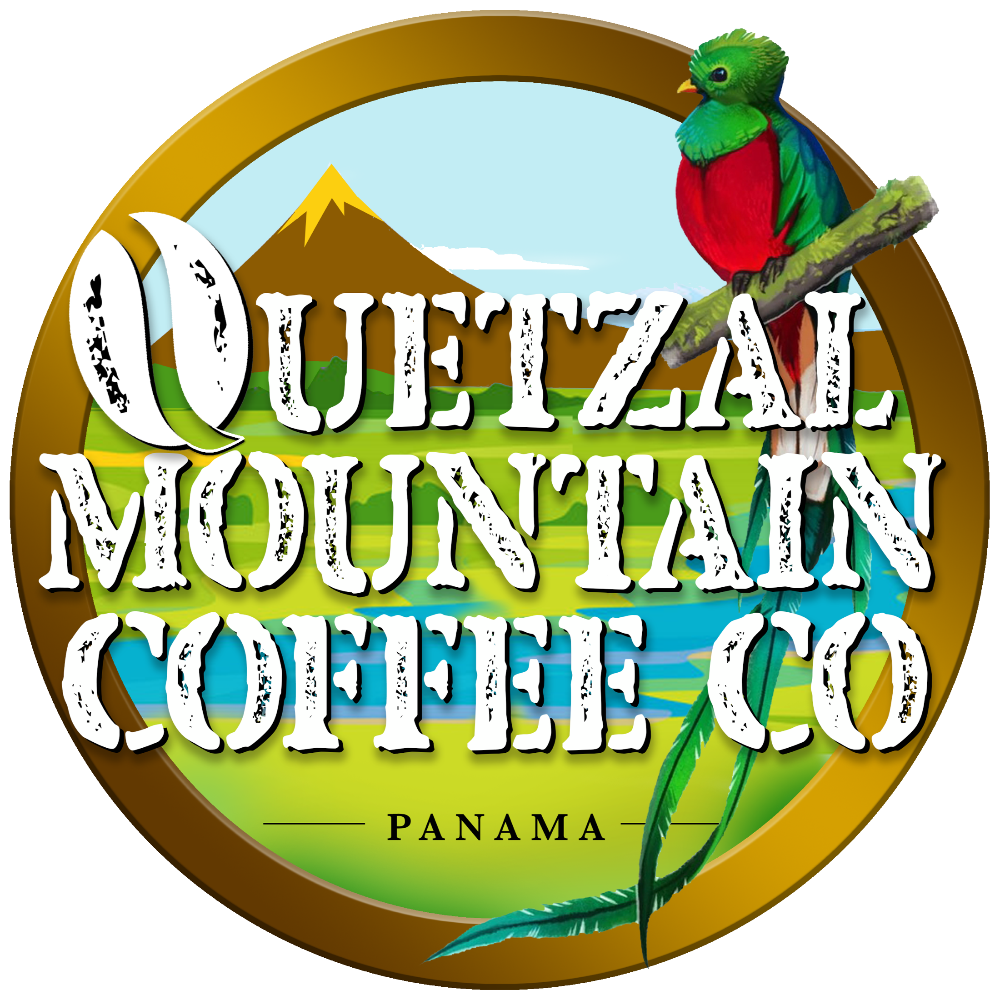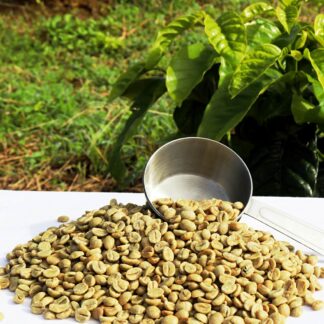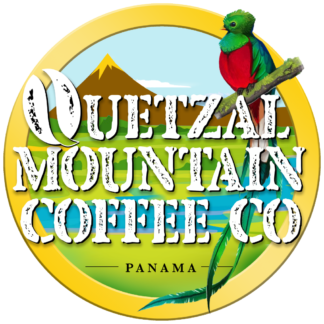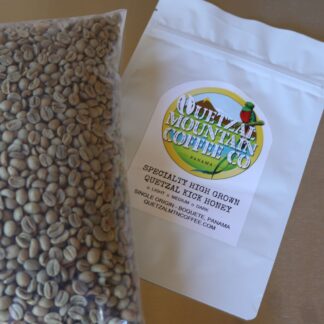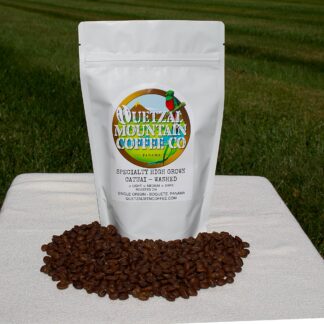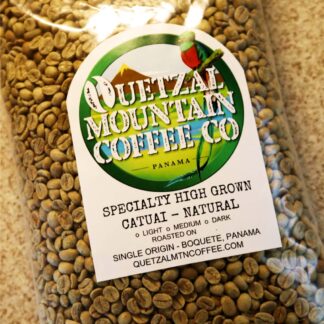Meet David and Lauren, a couple who changed their lives to become coffee growers. David spent his life as a builder, pilot, commercial diver, ski-bum and entrepreneur, settling as a General Contractor on the Caribbean island of Roatan, Honduras. Lauren has been a restauranteur with a professional background in healthcare and marketing in and around New York City.
After meeting on the island we travelled and sometimes would meet up in locations that were new to both of us. After visiting the town of Boquete, which is nestled in the valleys of an active volcano on the border of Panama and Costa Rica in 2017, we bought a small, abandoned coffee finca. Since then the farm has been cleared of all overgrowth and is attractive and productive once again. Around 600 of the original coffee trees were saved from the strangling vines and weeds, they were fed and nurtured and are now very healthy. Together in our first year we planted an additional 4,000 saplings which are now great looking and producing coffee trees. We hand-built and live in a small, rustic cabin on the farm and are loving the coffee farmer’s lifestyle. At roughly 4,000′ elevation on the south-eastern side of the incredibly majestic volcano, Volcan Baru, the completely off-grid farm is now run entirely on solar electric power with rain water collection systems. No outside power or utilities are used, other than a wireless internet connection that uses power from our solar system.
Each year when it is time to pick coffee we arrange for workers when they are available during their days or weekends off from the neighboring mass-producing fincas to hand pick our relatively small farm of only the most ripe, red cherries. We built a large, 570 cubic meter drying house in 2021 to begin processing the cherries. The end goal was to produce an exceptional coffee bean *on the farm*. We believe we accomplished that and our coffee is now gaining great reviews from roasters and graders and some specialty coffee experts. As David says, “Being such a small farm we tried going the third wave of coffee 1 route, as we are sharing fence-lines with world renowned fincas who have won some of the most prestigious coffee awards in the world through the last decade. We are basically producing the same beans they are presenting in competition yet using small-scale production methods, which enhance quality over quantity. We are in a unique micro-climate on the mountain at the perfect elevation and using our hands and eyes to be sure there are nothing but ripe, first-class coffee cherries going through processing. We are one of very few fincas that use no machinery to harvest or wash our coffee. Grading by the Specialty Coffee Association and other accredited organizations ranged between 86 and 89 in the first season of production. An amazing effort and accomplishment, easily putting them into the same class that ‘Best of Panama’ and ‘Cup of Excellence’ competitors are attaining.
- In March 2008, Pulitzer prize winning food critic Jonathan Gold defined the third wave of coffee by saying:
“We are now in the third wave of coffee connoisseurship, where beans are sourced from farms instead of countries, roasting is about bringing out rather than incinerating the unique characteristics of each bean, and the flavor is clean and hard and pure.”
